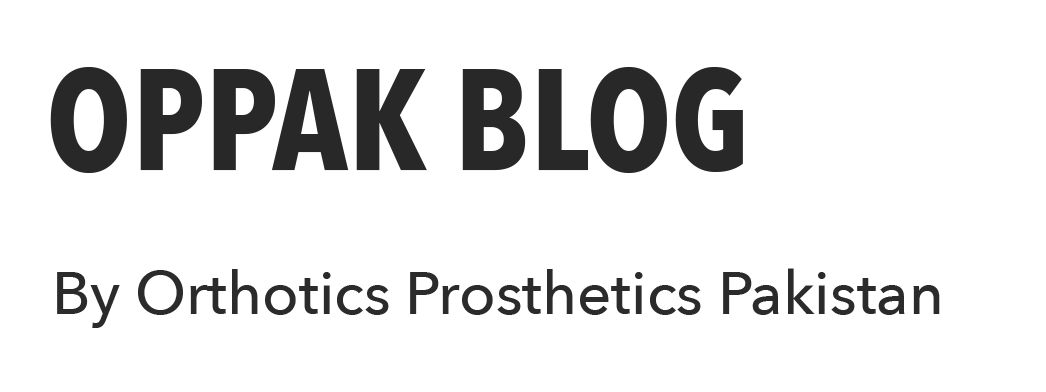The day started with the same routine at a small village in the periphery of Pattoki, a city, nearby Lahore. But Akhter, 20, was very happy. She was living with her parents and one elder brother. Her brother was returning from Lahore after three months and he had promised to bring bangles & Mehandi for her. She seemed in hurry to finish daily mundane matters, like fetching water & cleaning the floor, before his arrival. She had proudly told her friends about her bangles & Mehandi and they had a plan to gather after lunch at her home.
She just finished with work and her mother called to help her to feed the cattle. Extra work but the happiness of bangles & Mehandi overcome all her tiredness. She rushed to the cattle side and found that the fodder was needed to be prepare. She collected hay, straw, and silage and put it into the Tokka machine, a machine commonly used to cut the grass in villages.
She pushed the straws into the machine and asked her mother to rotate the wheel. She was thinking of her brother & colorful bangles. Suddenly a shear pain went through her arm. Her last sight before going to unconsciousness was her amputated forearm, blooded and terrifying. She not just lost her hand but lost her future, acceptance, and status.
A short story but nearly very common in every village of Pakistan. A study in 2011 at Lahore showed that the Tokka (Grasscutter) accident is a common factor of upper limb amputations in rural areas.
Limb loss and limb deficiency are potentially disabling conditions affecting the health and well being of persons worldwide. There are multiple pathways to the loss of a limb. Acquired limb deficiencies as a result of disease or physical trauma, are not less ordinary. Similar to other types of trauma, determination of the patterns of these injuries is necessary for the establishment of preventive strategies.
Akhter finished her story in a trembling voice and asked me ….. I don’t want to give my bangles to anyone. will I be able to wear them again ??
